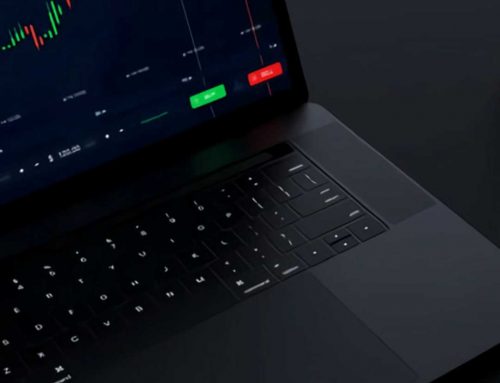What Are Futures?
The Short Explanation:
Futures are a type of a derivative financial contract which obligates the parties to transact an asset or commodity at a predetermined future date and price. Therefore, futures contracts have a known expiration date and price. The buyer must purchase or the seller must sell the underlying asset at the set price and time in the contract.
In financial markets, a future is a contract that specifies the buying and selling of a particular asset at a predetermined price at a specified time in the future. Futures contracts are standardized and traded on futures exchanges, such as the Chicago Mercantile Exchange (CME) or the Intercontinental Exchange (ICE).
Futures contracts can be used to hedge against price risk, speculate on price movements, or generate income through the sale of futures contracts.
Here’s how futures work:
- A buyer and seller agree to buy or sell a specific asset (such as a commodity, currency, or financial instrument) at a predetermined price on a specific date in the future.
- The contract specifies the quantity and quality of the asset to be bought or sold, as well as the delivery and payment terms.
- The buyer is said to hold a long position in the contract, while the seller holds a short position.
- As the contract approaches the delivery date, the parties involved can choose to close out their positions by entering into an opposing transaction or by offsetting their positions with an equal and opposite trade.
- If the parties choose to hold their positions until the delivery date, the contract is settled by physically delivering the asset or by settling the difference between the contract price and the market price at the time of delivery.
Futures contracts are traded on futures exchanges, which act as intermediaries between buyers and sellers. These exchanges set margin requirements, which are deposits that must be made by traders to cover potential losses on their positions. Traders can use leverage to trade futures, which means they can control a larger position with a smaller amount of capital. This can amplify potential gains and losses, so it is important to carefully consider the risk involved before trading futures.




